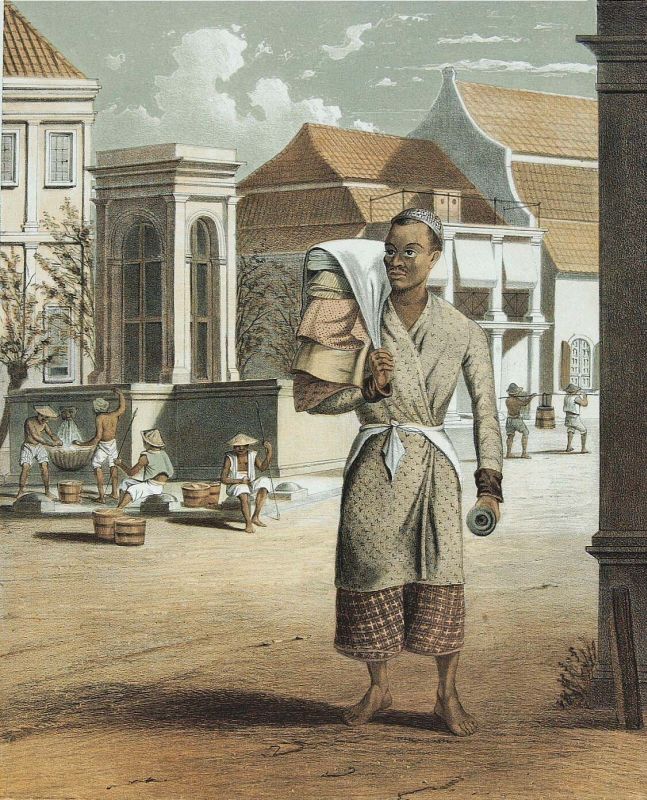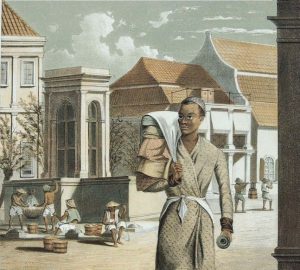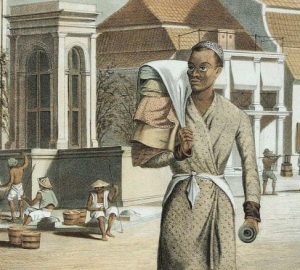Imam Ahmad bin Hanbal Ra who was also known as Imam Hanbali, was a student of Imam Shafi’i. At the end of his life he told a story about going to Basrah, “One day (when I was old) I did not know why I was eager to go to one of the cities in Iraq – where did Imam Ahmad go to Basrah.”
There were no appoinment with anyone in the city that made him Imam Ahmad bin Hanbal Ra left alone to go to the city of Basrah.
He narrated “When I arrived there, it was in Isha’ time. I joined the congregational prayer in the mosque, my heart felt calm, then suddenly I wanted to rest.”
After the prayer and congregation broke up, Imam Ahmad wanted to sleep in the mosque, that was when s mosque’s keeper came to meet him while asking, “What happens Shaykh, what do you want to do here?
Term “Shaykh” in the Arabic tradition can be used for 3 calls, can be for parents, rich people or knowledgeable people. The call of the Shaykh given to Ahmad was meant for parents, because Imam Ahmad was seen as an old man.
The keeper did not know that the one he was talking to was Imam Ahmad, and Imam Ahmad did not introduce who he was. In Iraq, everyone knew who Imam Ahmad, a great ulama and expert in hadith, had memorized a million hadiths, very pious and zuhud.
At that time there were no cameras and social media technology like now, so people did not know his face, only his name that was already famous. Said Imam Ahmad bin Hanbal Ra “I want to rest, I am a traveler.”
“Cannot do that, you cannot sleep in the mosque.”
Imam Ahmad continued his story saying, “I was pushed around by the person told to get out of the mosque. After leaving the mosque, the mosque door was locked. Then I want to sleep on the terrace of the mosque. ”
When he was lying on the terrace of the mosque, the keeper came again, this time angry at Imam Ahmad. “What else do you want, Shaykh?” Asked him.
“I want to sleep, I’m a traveler,” Imam Ahmad answered.
Then the keeper said, “Not In the mosque, it is not permissible, on the terrace of the mosque it must also not be.”
Imam Ahmad was expelled. He then said “I was pushed up to the streets”.
Close to the mosque there was a bread seller in a small house functioned to making and selling bread. This bread seller was processing bread dough, while watching the incident of Imam Ahmad being pushed around by mosque keeper, the baker called from far away “Come Syaikh, you can stay at my place, I have a place, even though it’s small.”
“Good”, said Imam Ahmad
Imam Imam entered his house, sat behind the baker who was making bread, still by not introducing who he was, only said as a traveler. This bread seller has a behavior that can be considered unique, if Imam Ahmad invites to speak, he answers. If not, he keeps making bread dough while reciting istighfar, Astaghfirullah.
When putting salt saying istighfar, breaking eggs with istighfar, mixing wheat, said istighfar. Always said istighfar.
Imam Ahmad continued to pay attention. Then Imam Ahmad asked “How long have you been doing this?”
The person replied “O, Shaykh, I have been doing it for almost forever. 30 years now. I have done this since then.”
Imam Ahmad asked, “What is the result of your actions? (reciting istighfar)”
The person answered “Blessings. There is nothing I need but God will grant it to me. Everything I ask to God, is immediately granted “.
The Prophet said “Whoever keeps istighfar, then Allah will make the way out for him from all problems and Allah will give rizki from ways he does not expect.”
Then the person continued “All were granted by God except one, still one that God has not granted.”
Imam Ahmad was curious and then asked “What is that?”
The bread seller answered “I asked Allah to be met with Imam Ahmad bin Hanbal.”
A moment later Imam Ahmad bin Hanbal said, “Allahubar, Allah has brought me far from Baghdad going to Basrah and even pushed by the mosque’s keeper to the the road because of your istighfar. ”
The seller of bread was shocked, praising Allah, apparently in front of him was Imam Ahmad bin Hanbal.
Wallahu Allam
Artikel ini juga tersedia dalam bahasa:
 Indonesian
Indonesian





